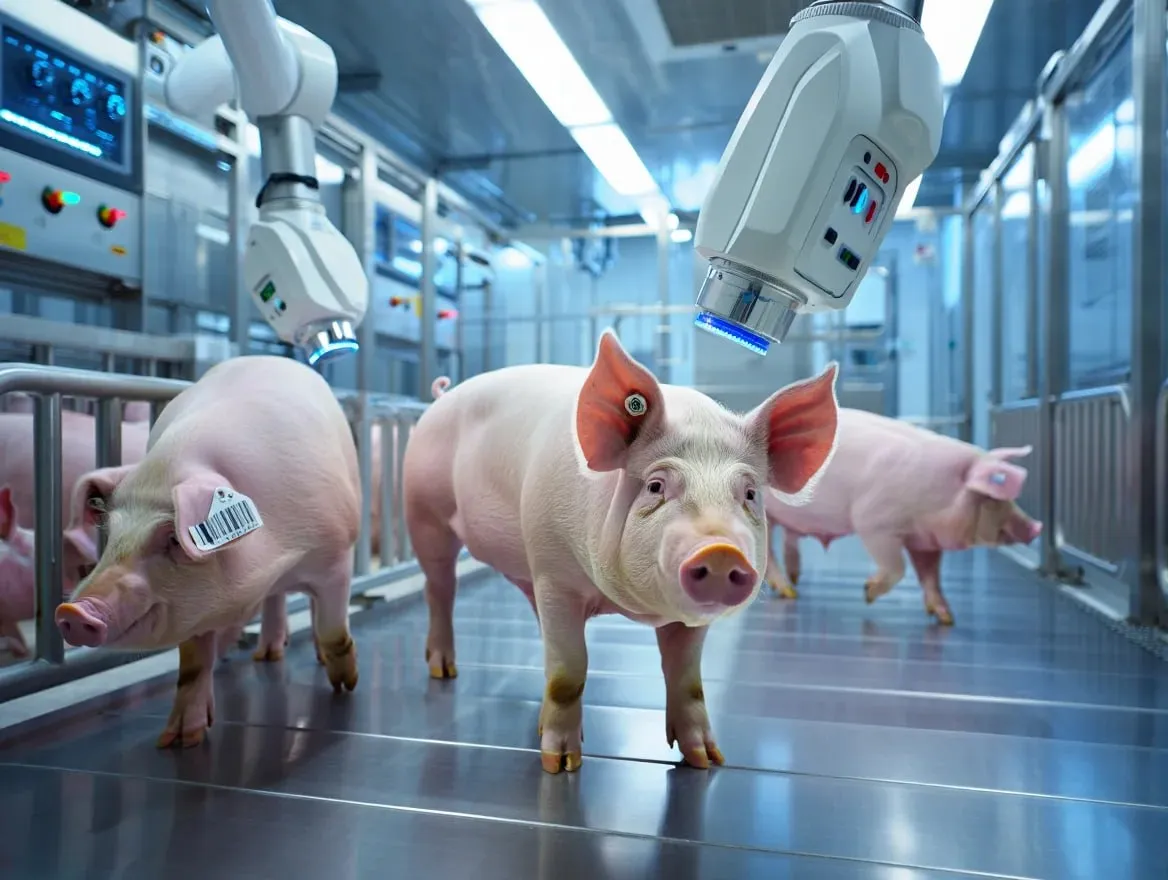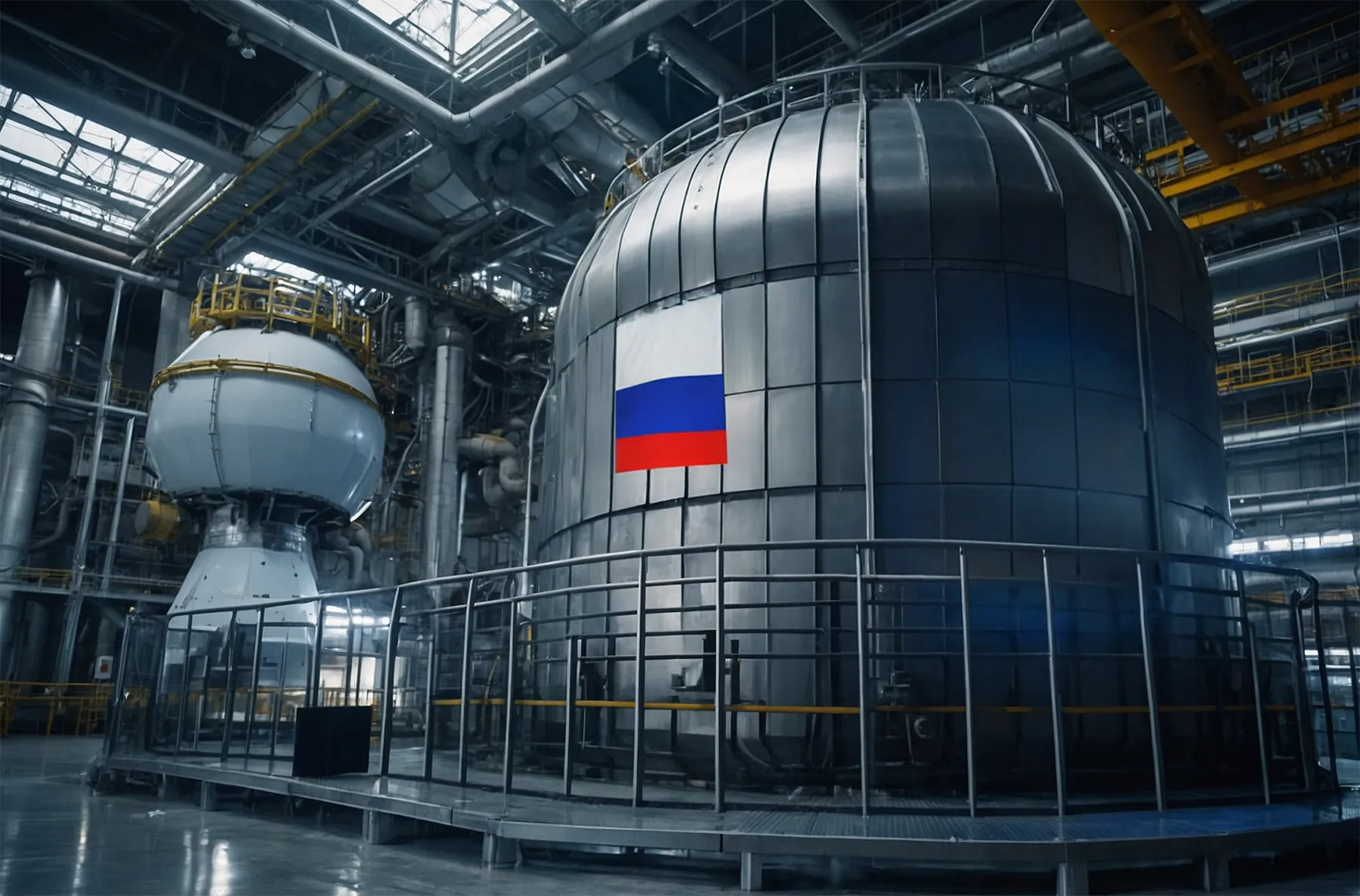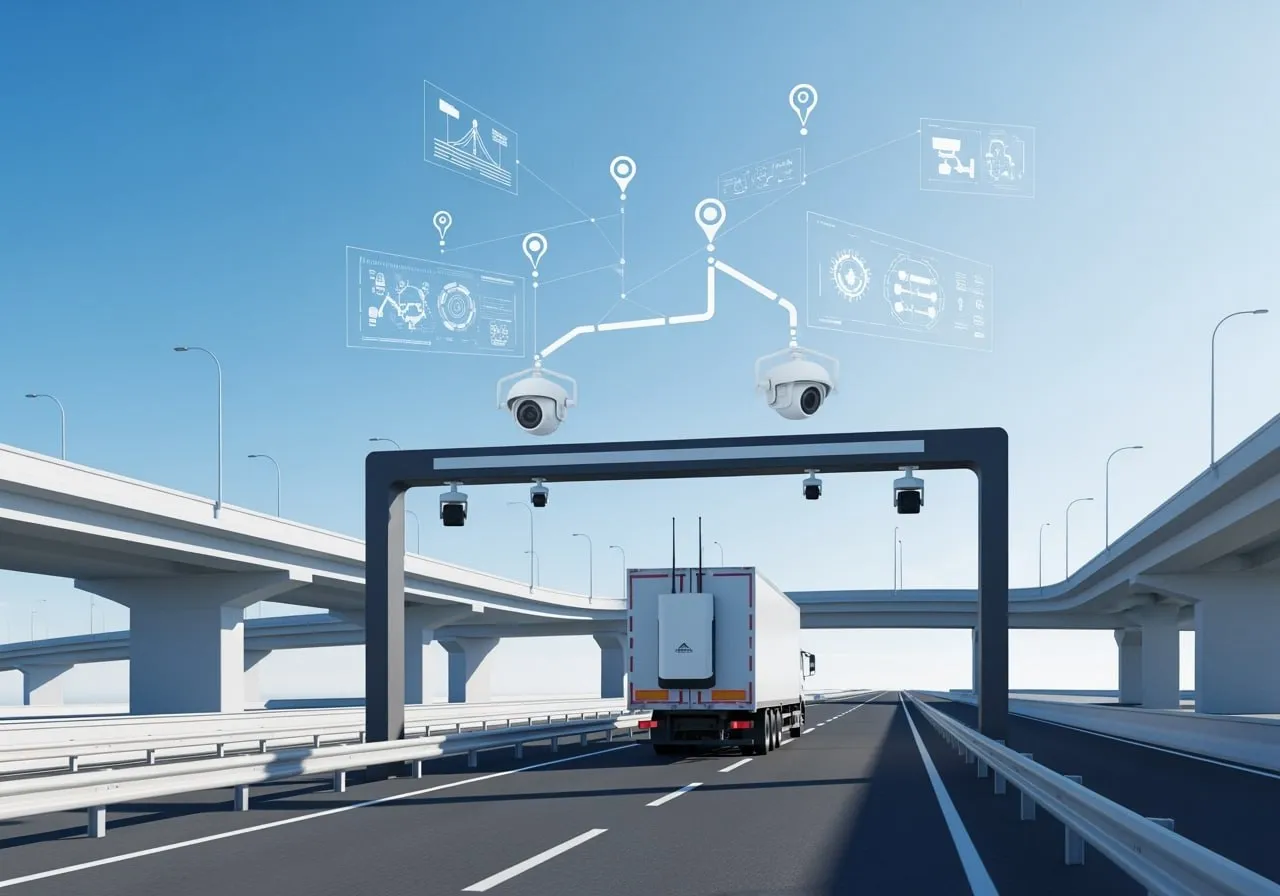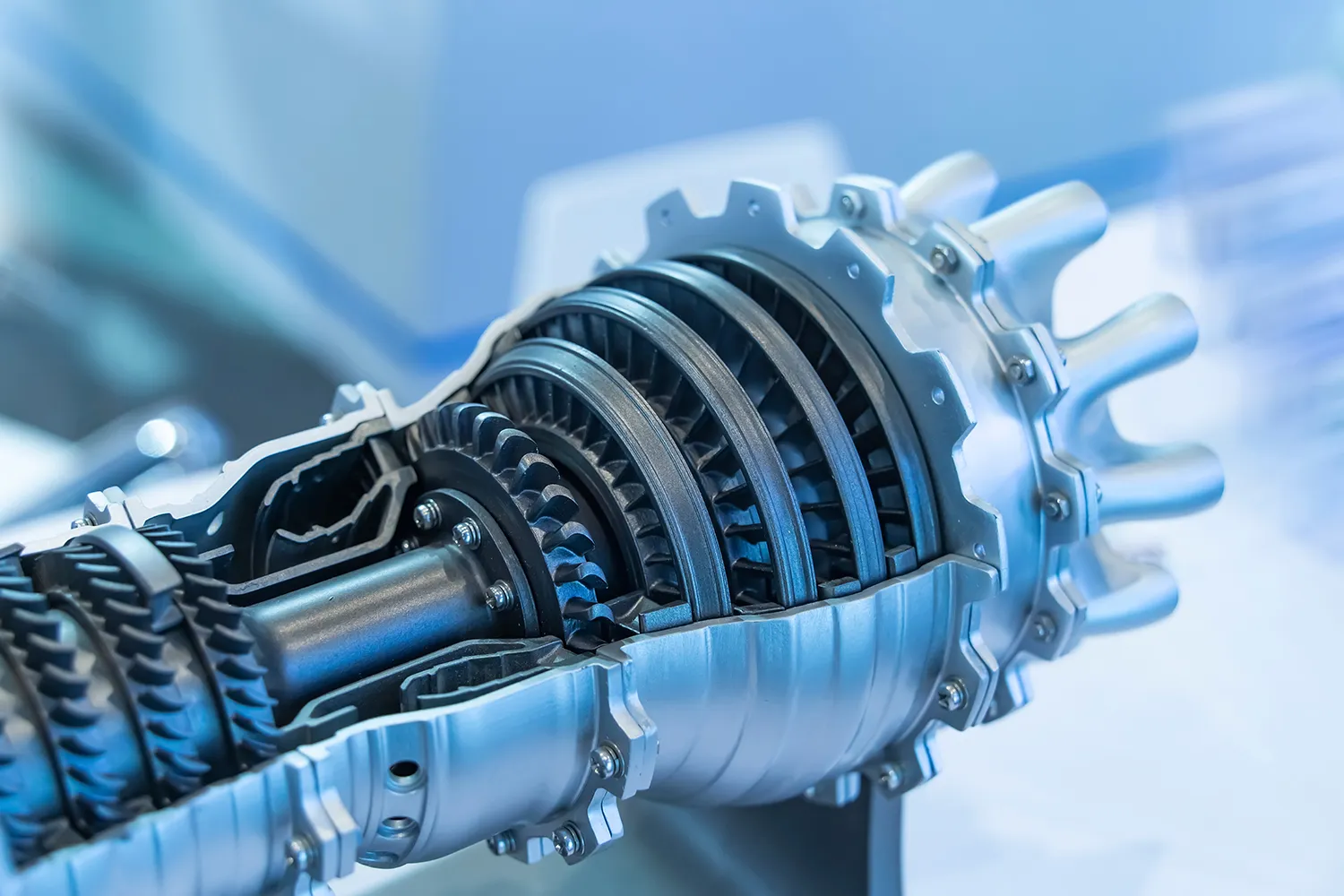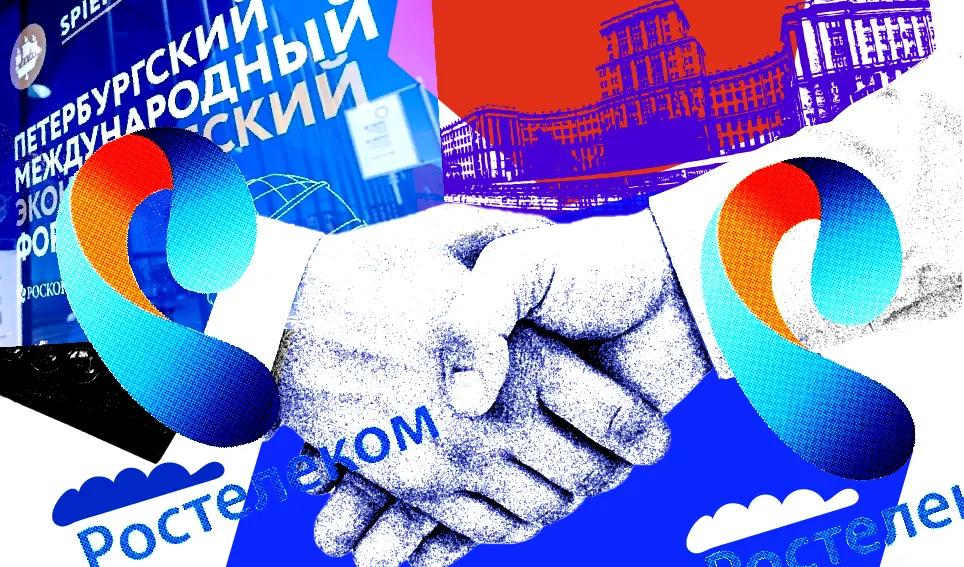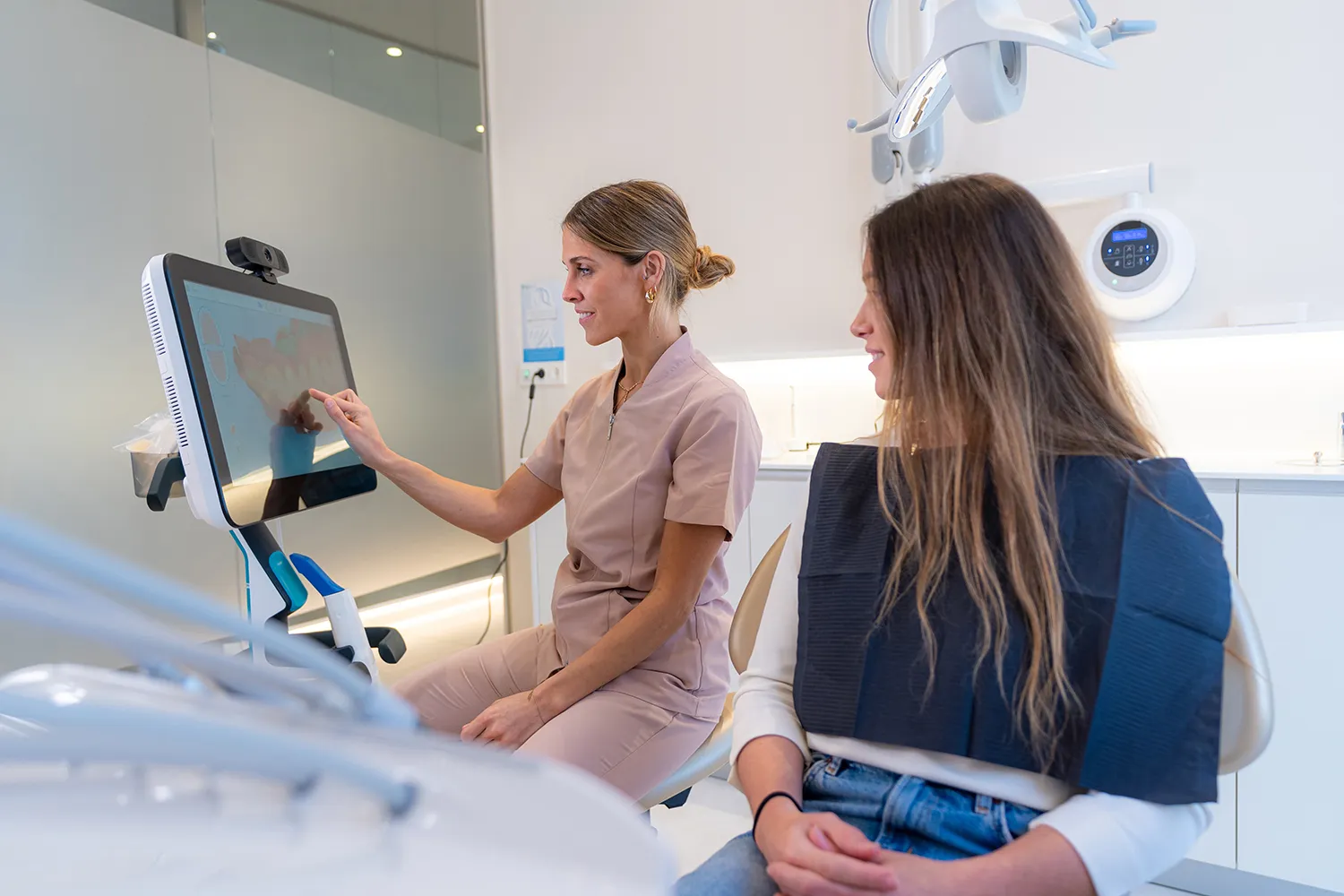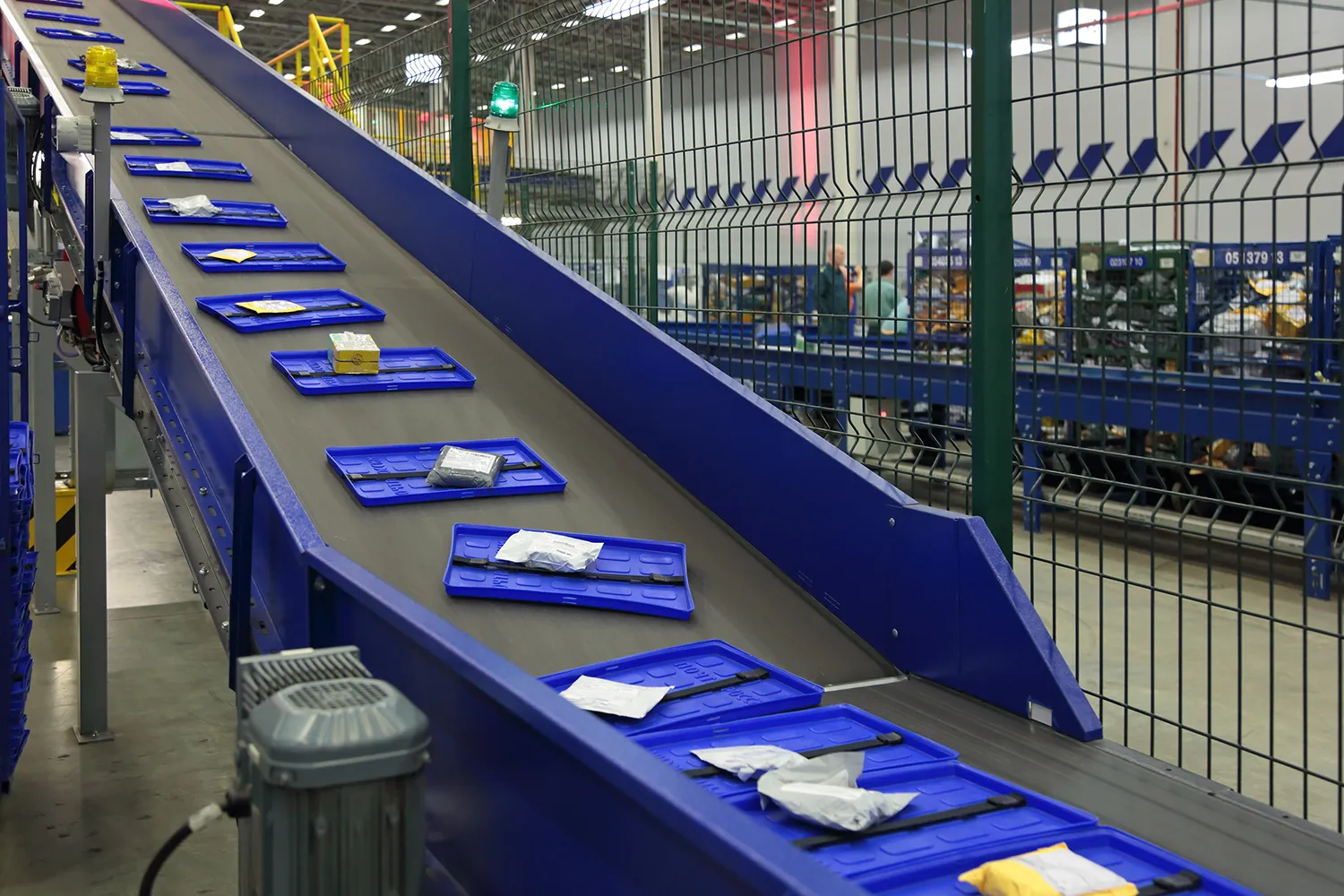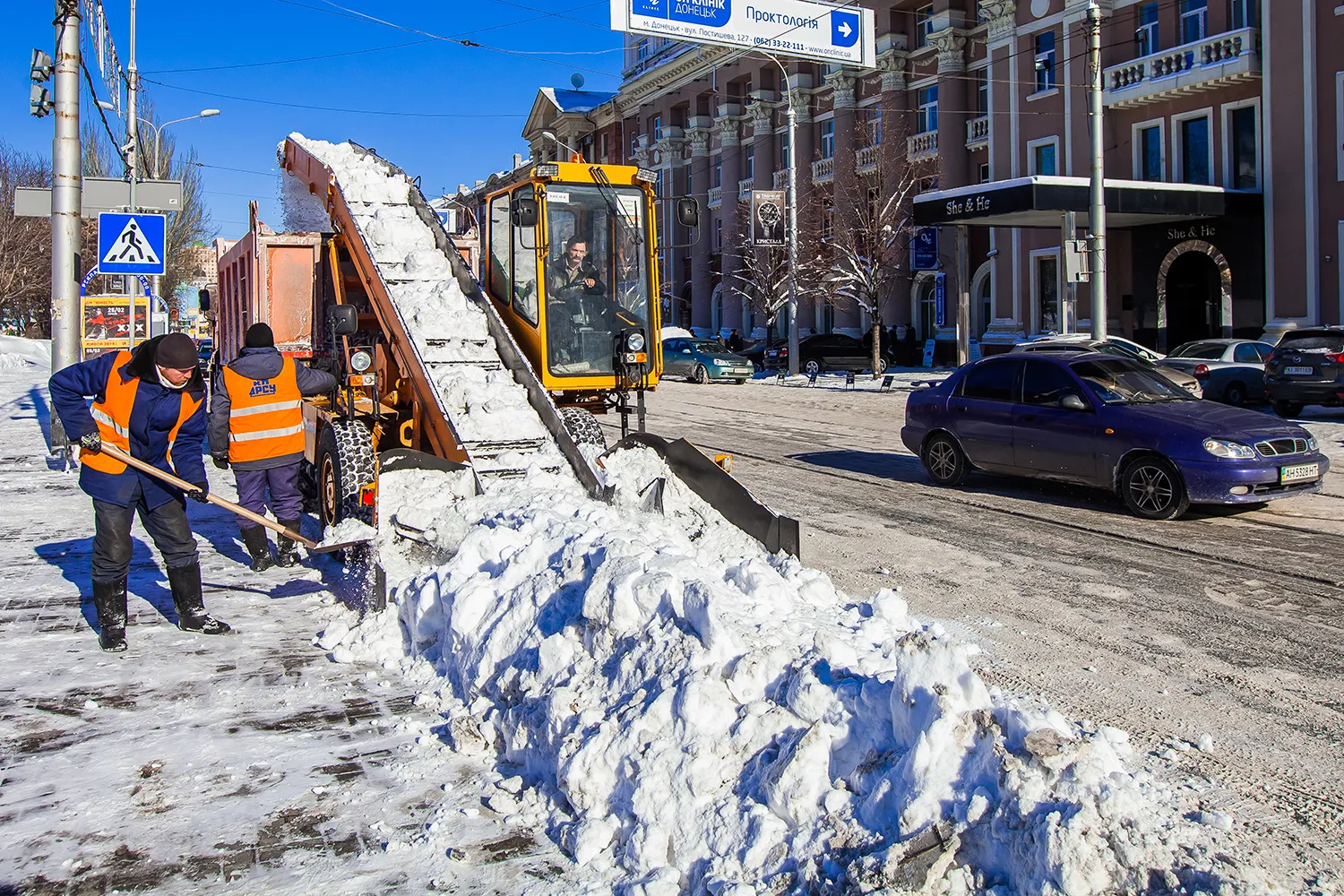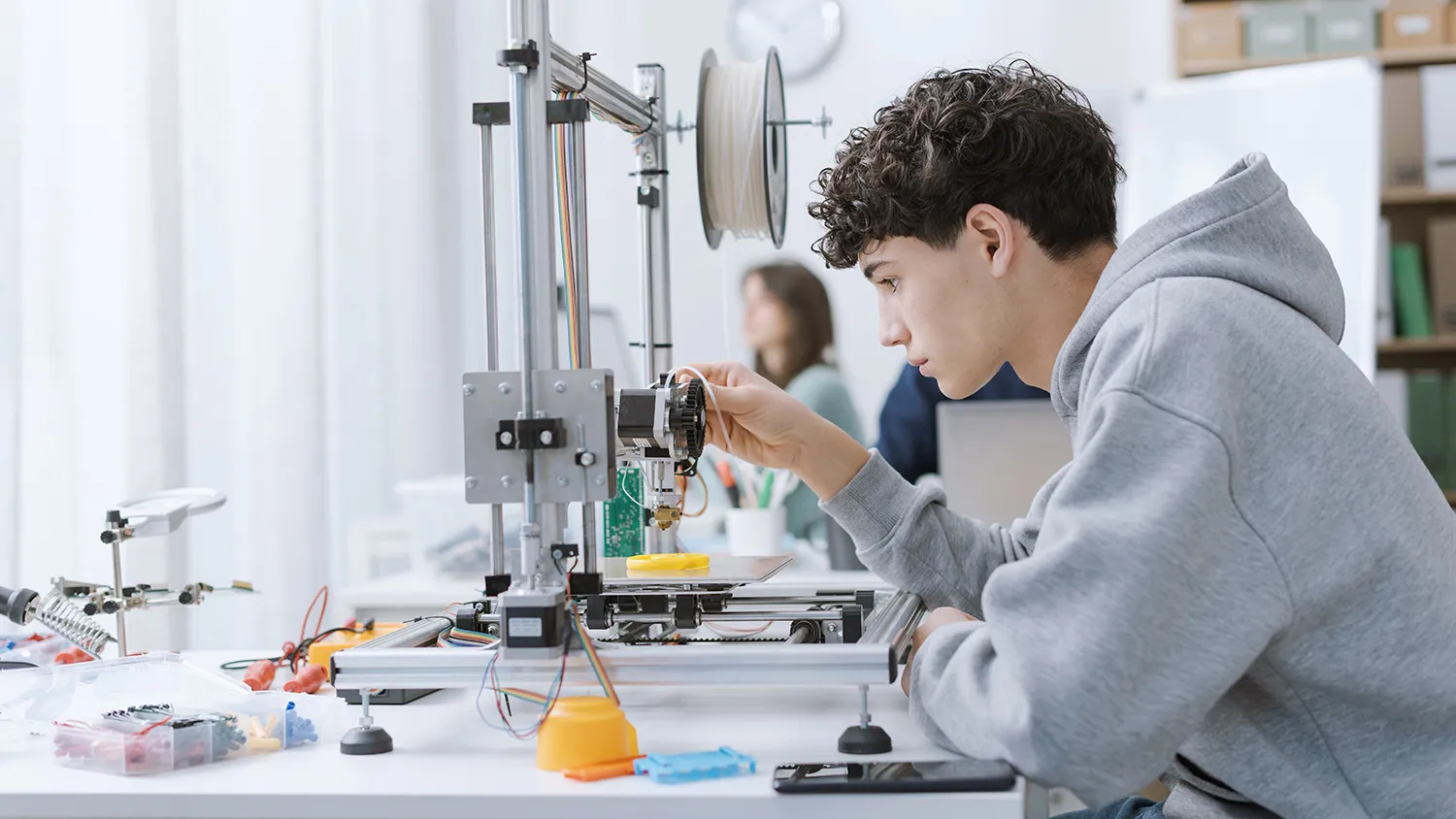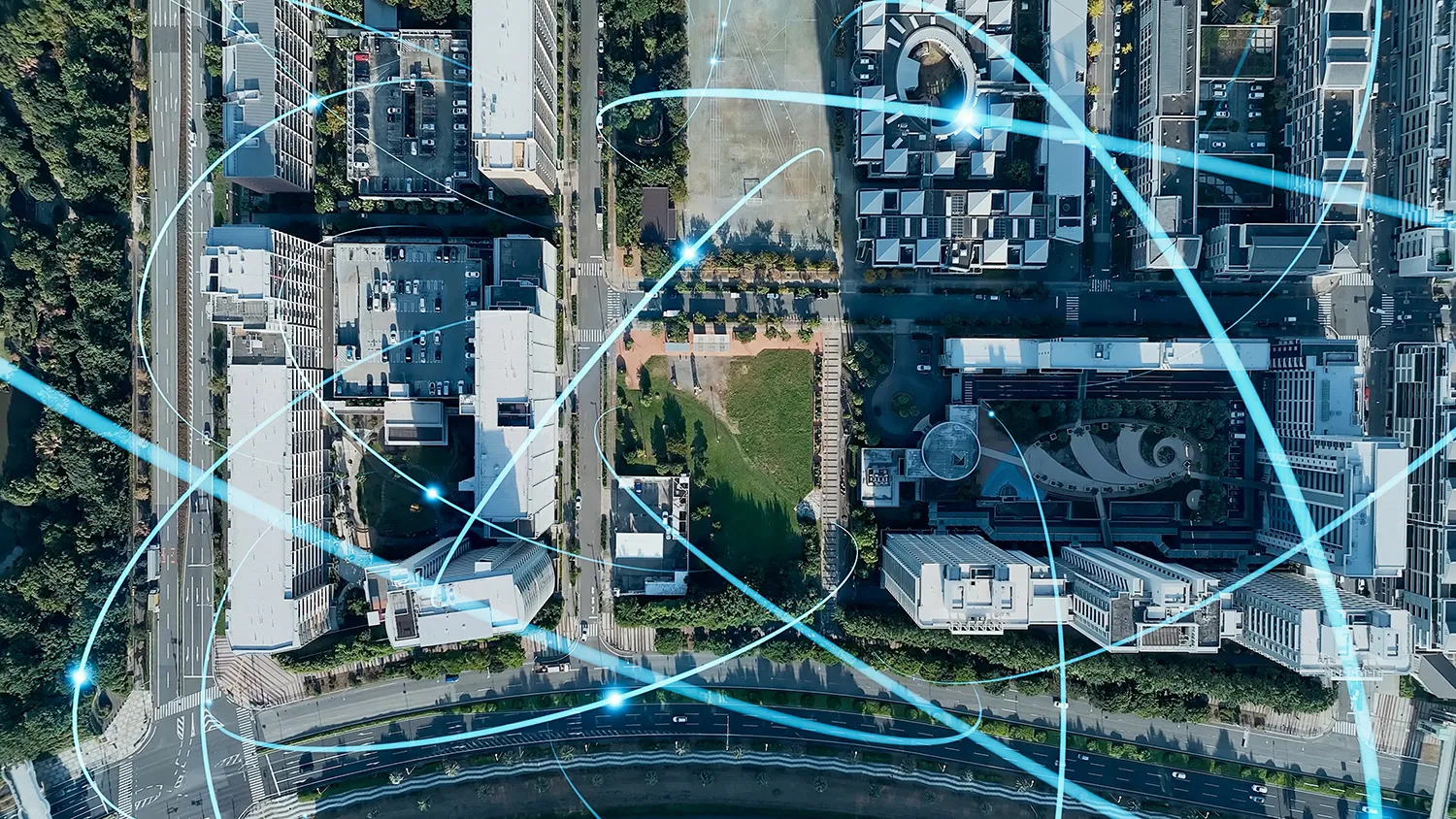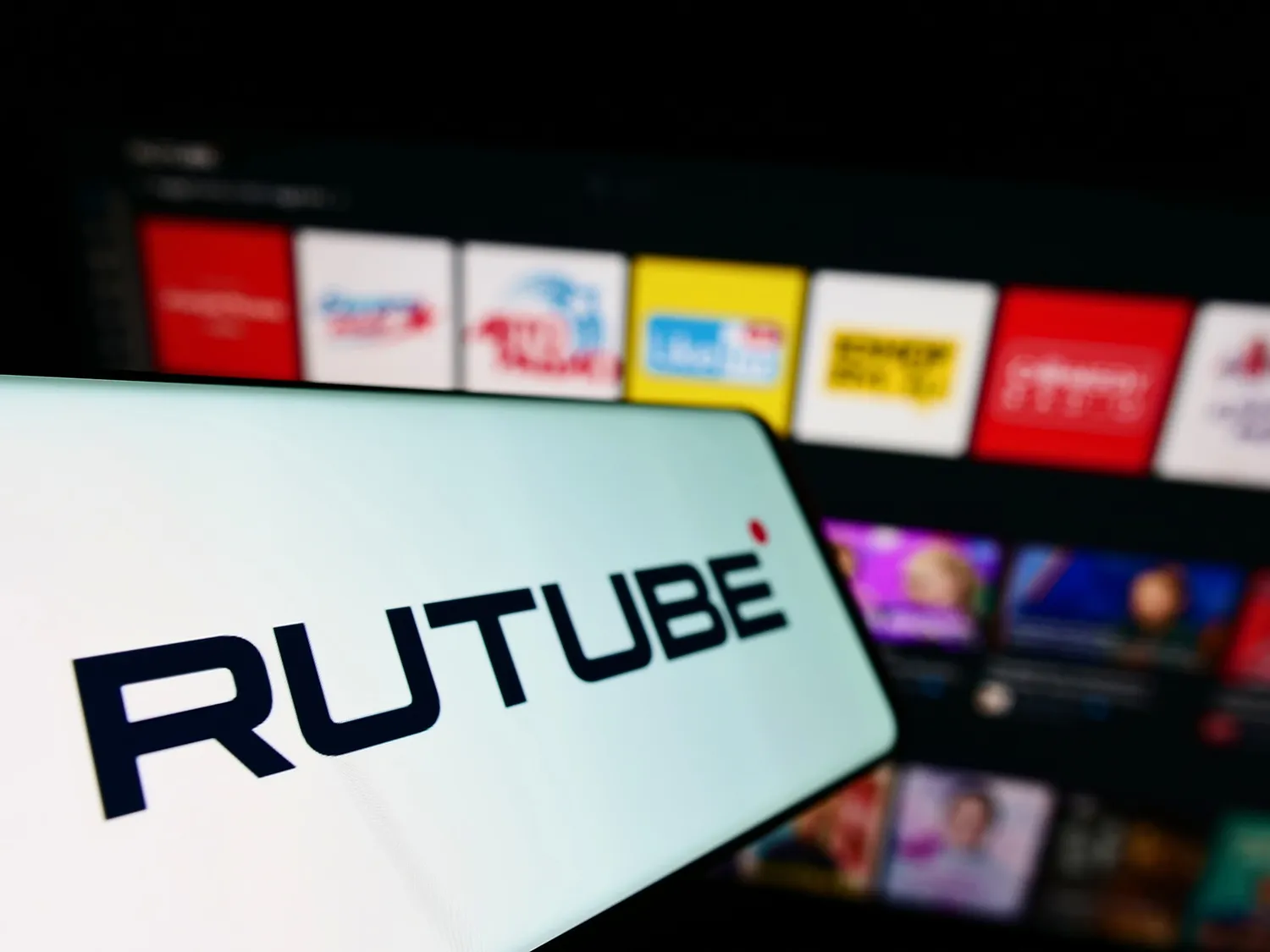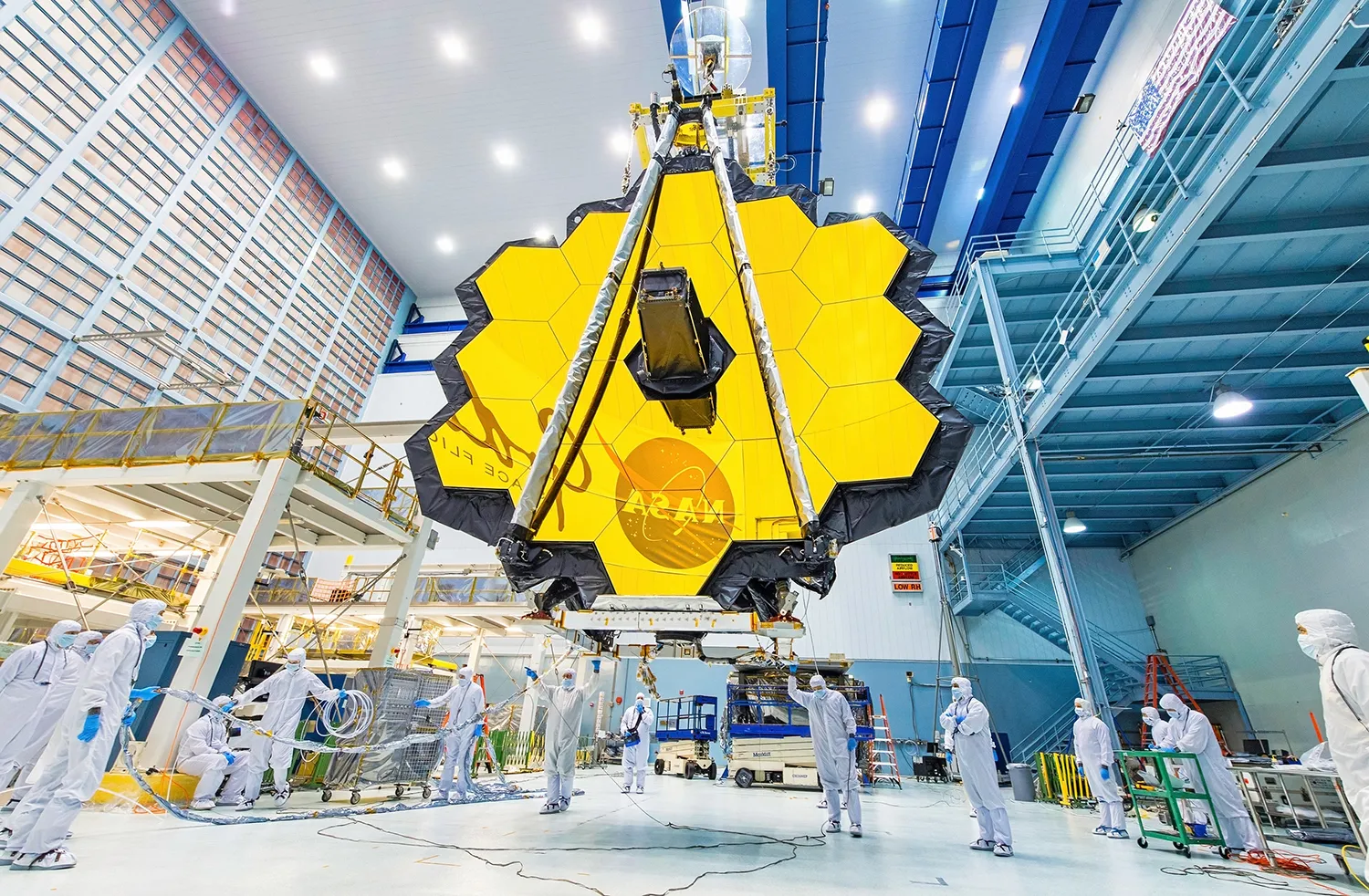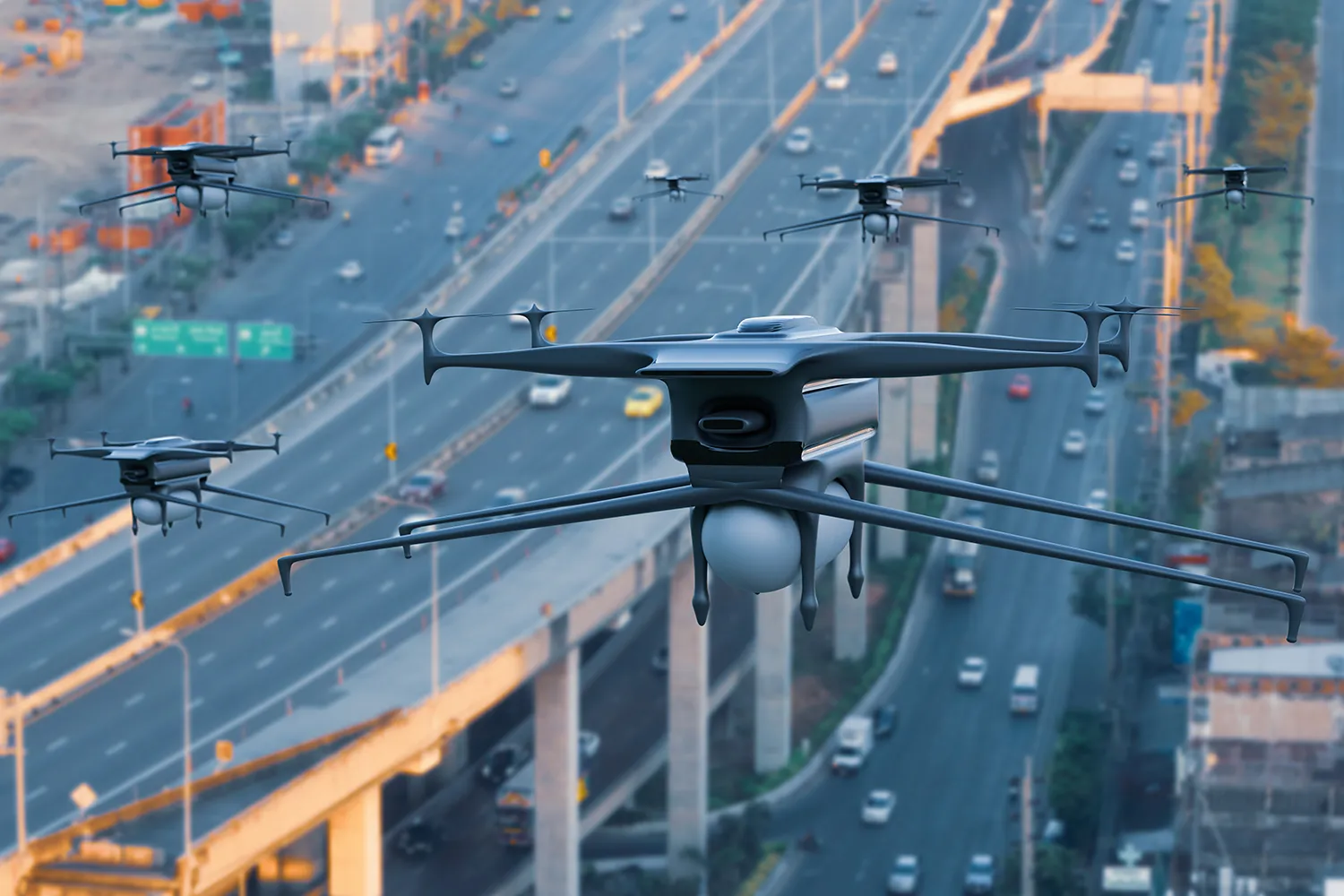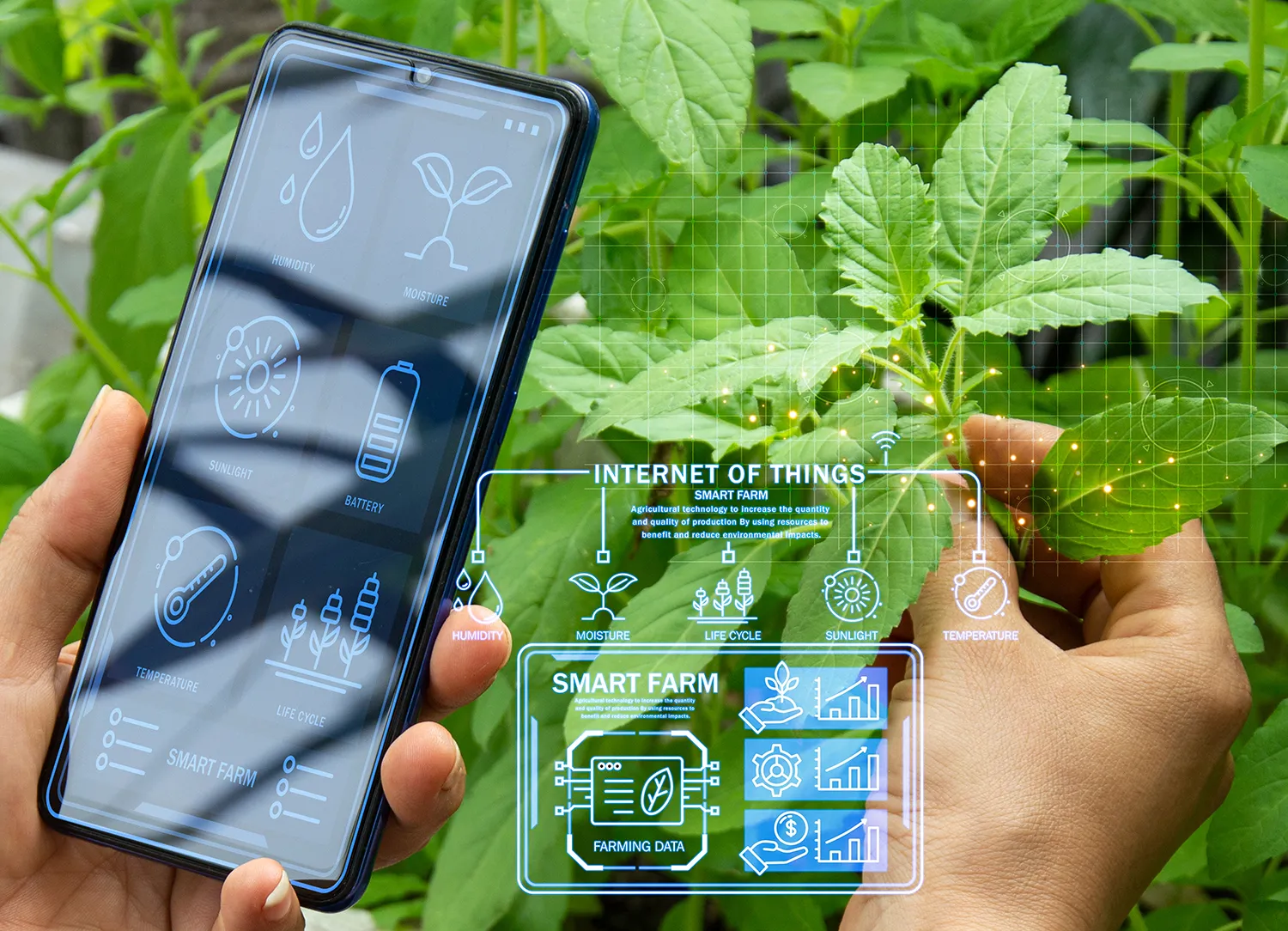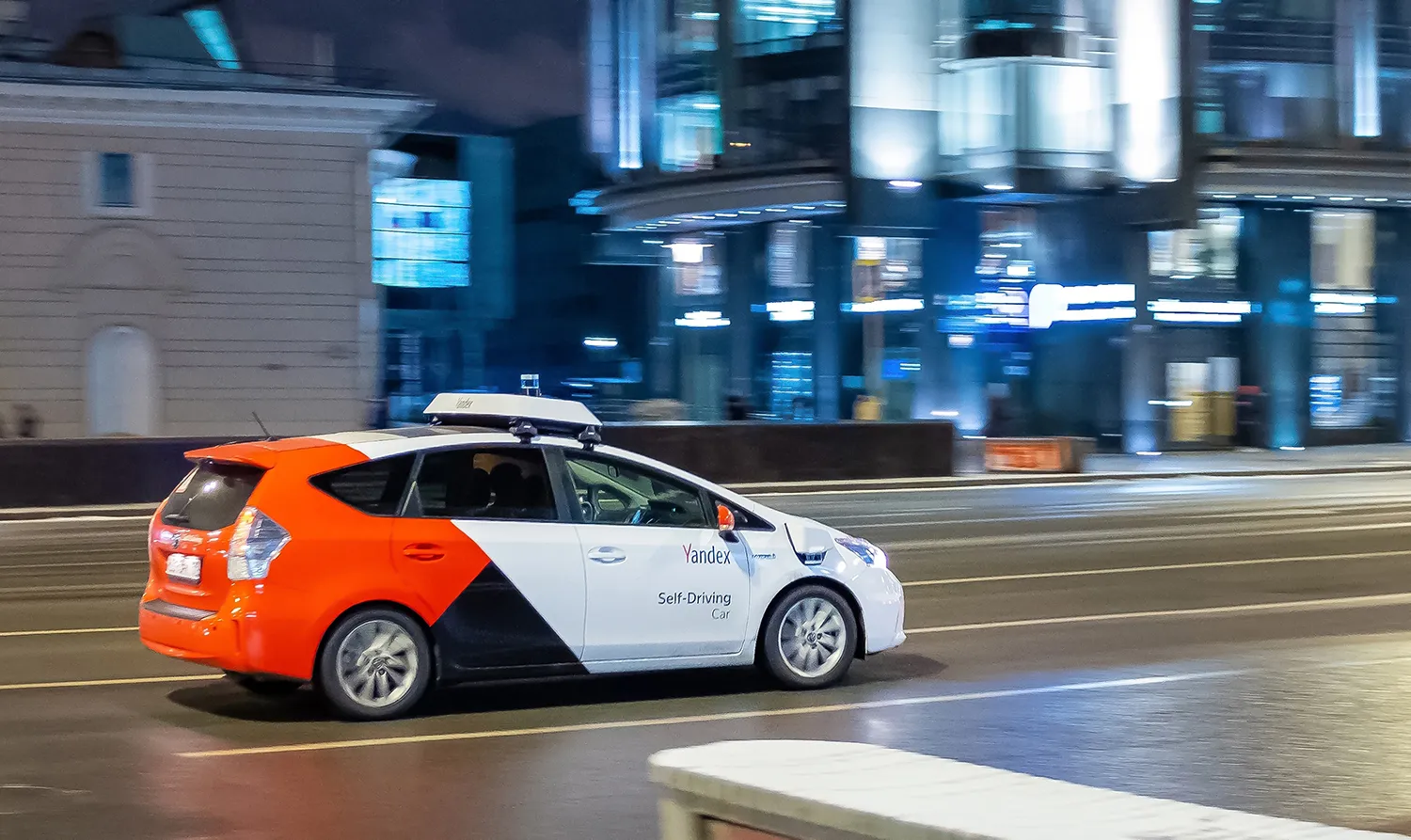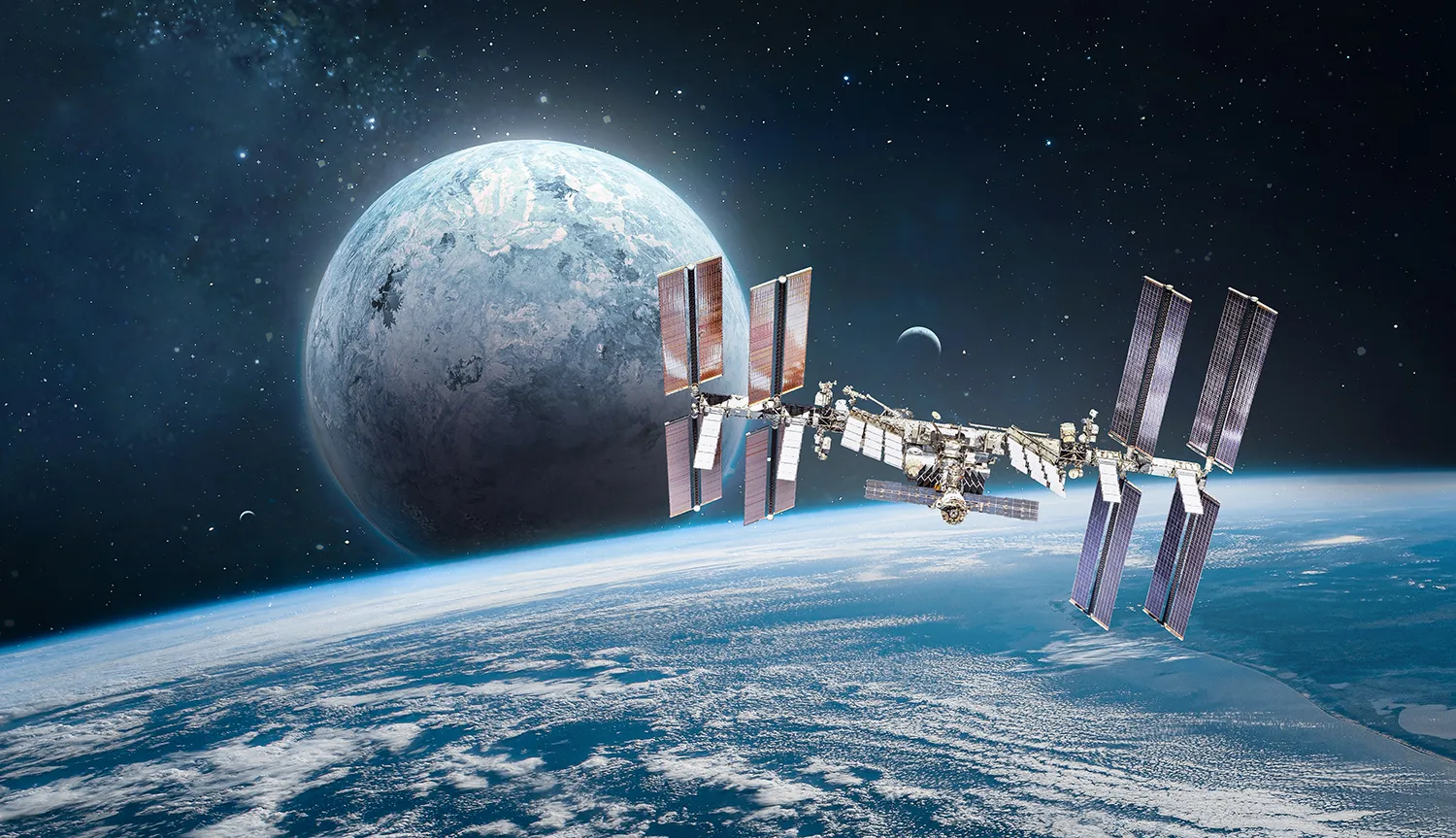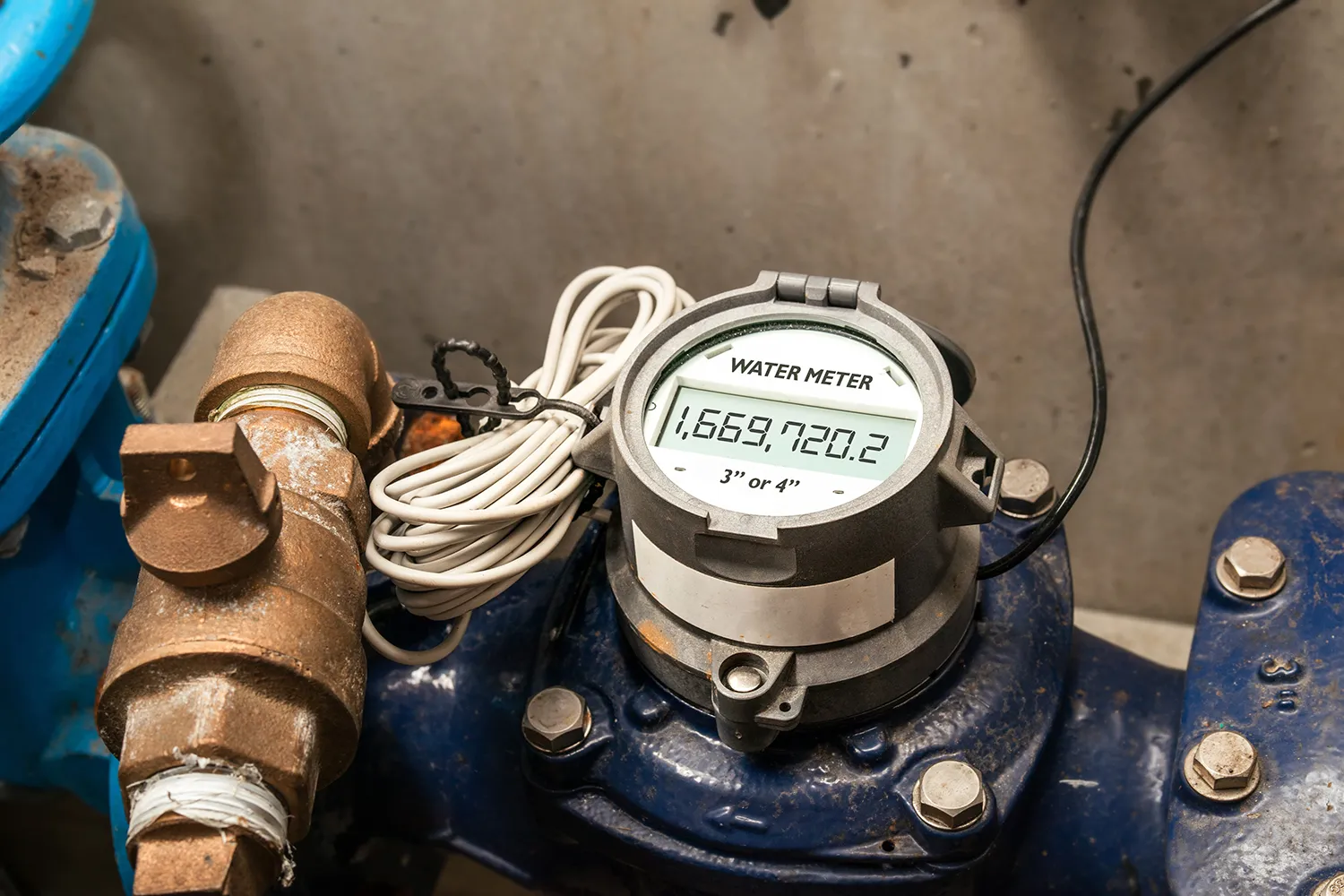Rostelecom and URAL: Driving Russia’s Industrial Digital Transformation
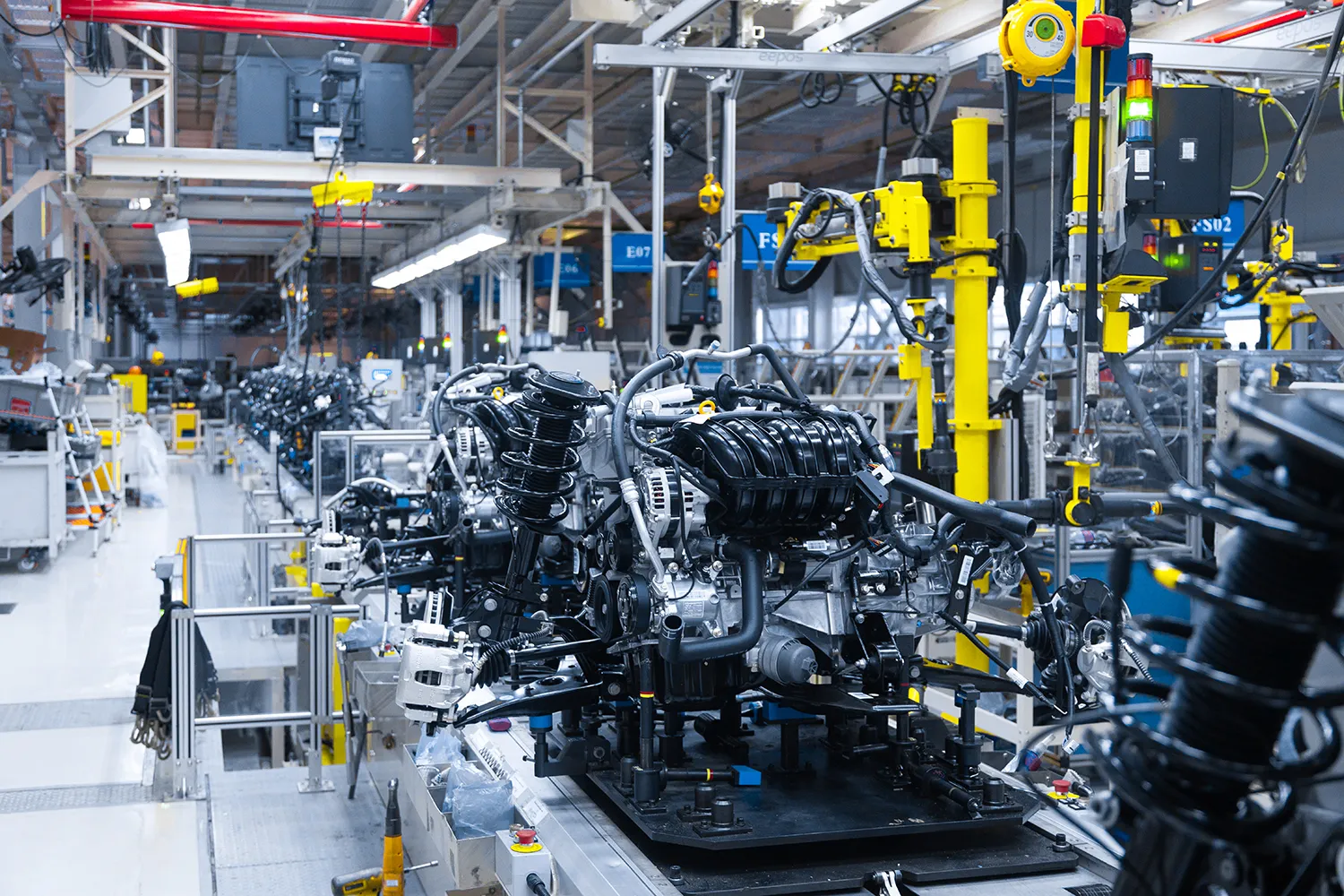
Russian telecom giant Rostelecom partners with truck manufacturer URAL to launch a fully domestic digital platform, marking a major step toward technological independence in the automotive industry.
Taking Russian Truck Manufacturing to the Next Level
On June 19, 2025, Rostelecom and URAL—one of Russia’s largest commercial vehicle manufacturers—announced a strategic partnership to integrate Russian-made digital solutions throughout URAL’s operations. The initiative includes: – The Avrora Auto platform based on the Russian Avrora operating system; – The RT Data BI platform for production analytics and optimization; – Cybersecurity systems; – AI and predictive analytics for equipment condition monitoring and resource management.
The project is aimed at modernizing automated tracking systems, improving energy efficiency, and enhancing the quality of vehicle output. More broadly, it reinforces Russia’s drive for technological sovereignty in a strategically critical industry by reducing reliance on foreign technologies and fostering a domestic digital ecosystem.
For end users, the outcome is safer, higher-quality trucks. For the region, it means new jobs and expanded IT infrastructure. Nationally, it strengthens Russia’s industrial position in the digital age.
Evaluating the Potential
This new partnership could serve as a pilot for other automotive factories. Experts believe that if successful, similar digital tools could be scaled to manufacturers of agricultural machinery, specialty vehicles, and even passenger cars.
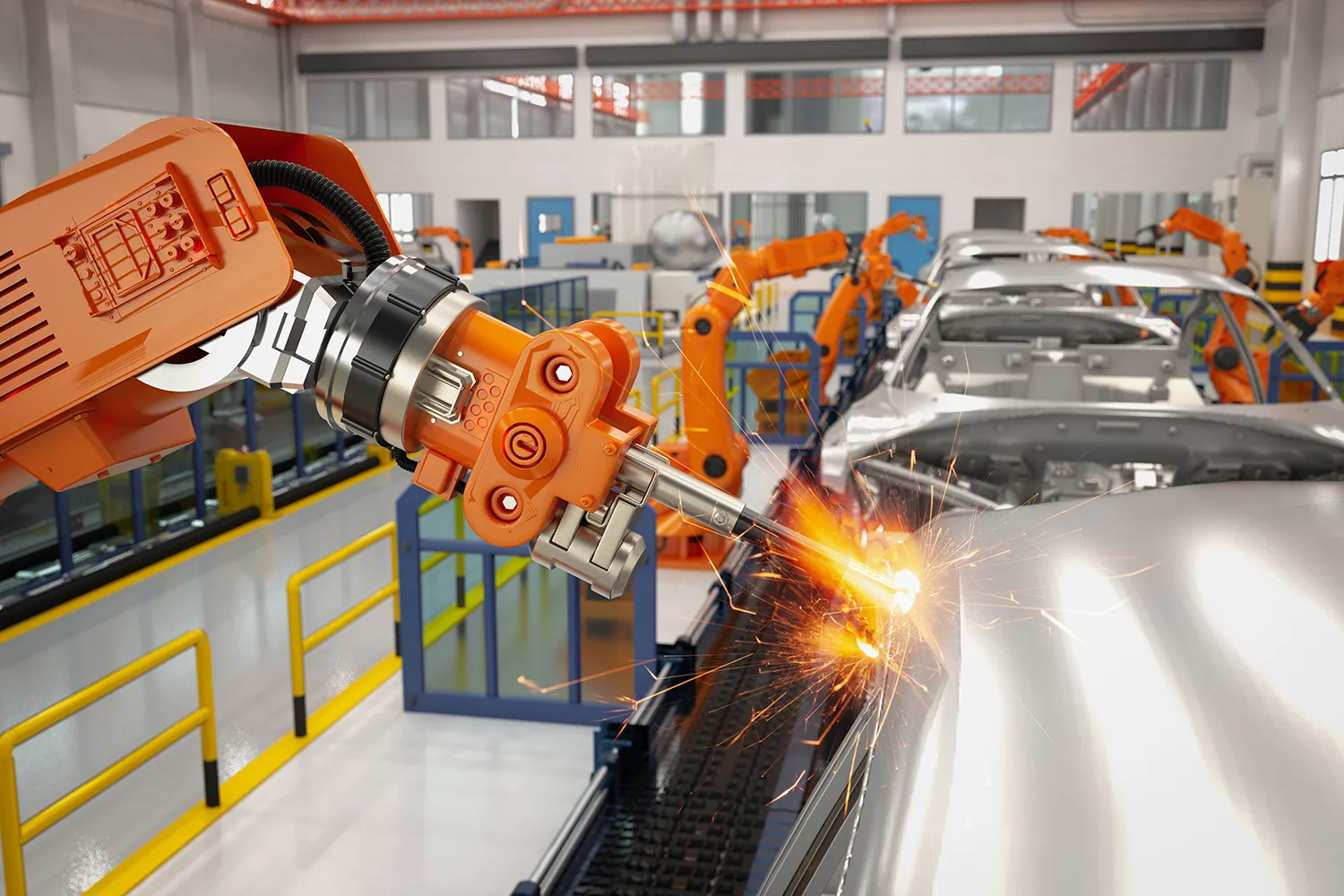
Within Russia, Rostelecom is positioning itself as a key digital integrator for industry. Its digital partnership strategy could eventually encompass the entire domestic automotive sector, including both public and private entities.
While export potential remains limited in the short term, platforms like Avrora Auto and RT Data BI could appeal to markets in the CIS and BRICS nations, where there is rising demand for secure and localized digital platforms.
“We see the automotive sector as a top priority for digital transformation. Our goal is to make Russian industry technologically self-reliant and globally competitive,” said Rostelecom CEO Mikhail Oseevsky.
Momentum Through Experience
Over the past five years, Rostelecom has steadily developed proprietary digital platforms now being deployed in industrial settings. Between 2019 and 2020, it launched the GOSANKET platform—Russia’s first secure solution for government and critical infrastructure. In 2021, it began developing Avrora OS, a domestic operating system designed for IoT and automation.
By 2022–2023, Avrora OS was already being integrated into systems operated by Russian Railways and the Ministry of Emergency Situations. In 2024, the RT Data BI platform was rolled out in the telecom and power generation sectors.
Partnering with URAL represents a logical next step in this digitalization strategy, validating Rostelecom’s long-term investments and technology adaptation to industrial needs.

What Comes Next?
By 2027, Avrora Auto is expected to be fully adapted for serial truck production, with broader adoption across other enterprises. In the next 2–3 years, AI-driven analytics will be integrated into operational data streams, enhancing vehicle lifecycle reliability and service.
In the long term, export of these technologies to CIS and BRICS countries is feasible, especially in markets seeking robust and sovereign IT solutions.
Scaling these efforts will require substantial investment in workforce training, software refinement, and integration with legacy systems.
In summary, the agreement between Rostelecom and URAL is more than a corporate alliance—it is part of a broader national strategy to digitally transform Russian manufacturing. The project accelerates software import substitution in the automotive sector, boosts cybersecurity, and lays the groundwork for broader deployment of domestic technologies across industries.






